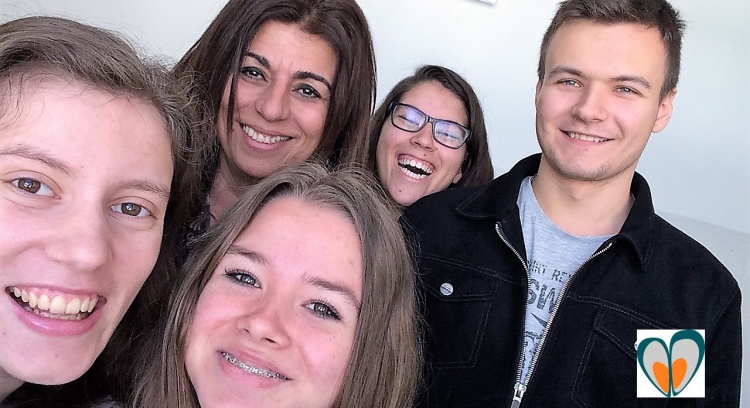BiSafe Portugal: an easy and rapid way to assure the quality of the bivalves you are about to consume!!!
The central theme of this project is the occurrence of seasonal blooms of microalgae that produce biotoxins and their consequences on human health. Biotoxins are natural compounds produced by phytoplankton species that are filtered and accumulated by bivalves (clams, cockles, oysters, mussels ...). When ingested by humans these toxins may have serious consequences for human health. The presence of biotoxins cause market prohibitions along the whole coast of Portugal by the local authority, Portuguese Institute of the Sea and Atmosphere (IPMA), and particularly in Ria Formosa lagoon where our school is located. This lagoon contributes with more than 80% of the production of bivalves (mainly clams) in Portugal. Our project revealed that large quantities of bivalves are commercialized and consumed even during periods of interdiction.
The official information provided by the IPMA is not user friendly and it is difficult to assess by the ordinary citizen, who needs a quick response on whether or not he may catch, buy or consume bivalves. The challenge behind the development of the BiSafe app was to decode a highly complex technical language into a popular language, without loss of rigor in the quality of information. At present the app is available in Android version for the Algarve area and may be downloaded for free HERE
We now want to go further with this campaign so that the application is broaden to the whole coast of Portugal, and therefore, to all species analyzed by IPMA. We also want to develop the app for the IOS operating system and not only for ANDROID as it is now. However, our school does not have a Macintosh computer or an iPhone to develop the app and no financial resources to acquire them. This is the main goal of the campaign: to acquire a Mac and an iPhone and extend the app to the whole national territory.
See the national television (RTP1) piece about BiSafe HERE
The implementation of this project will contribute to increase the awareness of national authorities on the problem of biotoxins and to truly see it as a public health problem directing more efforts for its resolution. Furthermore it will contribute to the improvement of the sanitary control of bivalves, and to the awareness of consumers, making them real agents of change.

